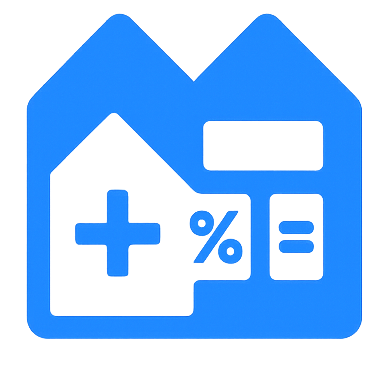Closing costs vary widely by state because of transfer taxes, title insurance regulations, and recording fees. This reference guide highlights average ranges and budgeting tactics so you can close without surprises.
Key takeaways
- Expect closing costs between 2% and 5% of the purchase price, with transfer taxes driving the biggest regional swings.
- States like New York, New Jersey, and Florida have unique doc stamps or mansion taxes that add thousands to the final figure.
- Negotiate for seller credits or lender credits to offset costs without depleting your cash reserves.
Budget for core lender and title fees
Lender fees typically cover origination, processing, and underwriting. Title fees include the owner and lender policies plus settlement services.
Request fee sheets early and compare them to average ranges published by your state insurance department.
- Set aside funds for appraisal, pest inspection, and survey costs, which vary by region.
- Ask title companies about reissue credits when the seller has a recent policy.
Understand state-specific taxes
Many East Coast states charge transfer taxes or documentary stamp taxes based on the purchase price. These can exceed 1% in high-cost markets.
Western states often have lower transfer taxes but may require higher recording or escrow fees. Always confirm with your title provider.
- Use state revenue department calculators to estimate taxes accurately.
- Budget for prorated property taxes and homeowners association dues at closing.
Fund escrow and prepaid items
Lenders collect prepaid interest from the closing date to month-end plus several months of taxes and insurance for escrow accounts.
Review your mortgage calculator results with and without escrow to evaluate monthly payment changes.
- Schedule closing near the end of the month to reduce prepaid interest outlay.
- Plan to replenish emergency savings after closing if you draw it down to cover costs.
Action steps to take next
- Compare quotes from at least two title companies in your state.
- Ask your lender for a fee worksheet before you sign the purchase agreement.
- Negotiate with the seller for credits if your state levies high transfer taxes.
Mortgage questions answered
Can I roll closing costs into my mortgage?
Some lenders allow it on refinances. For purchases, rolling costs into the loan is limited, but you can negotiate credits to offset them.
Are closing costs tax deductible?
Certain items like mortgage interest and property taxes may be deductible. Consult a tax professional for personalized guidance.
